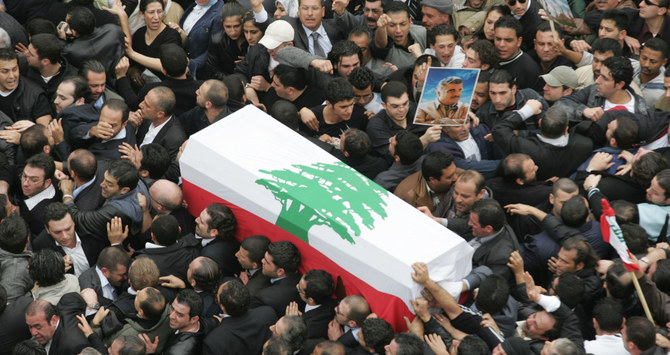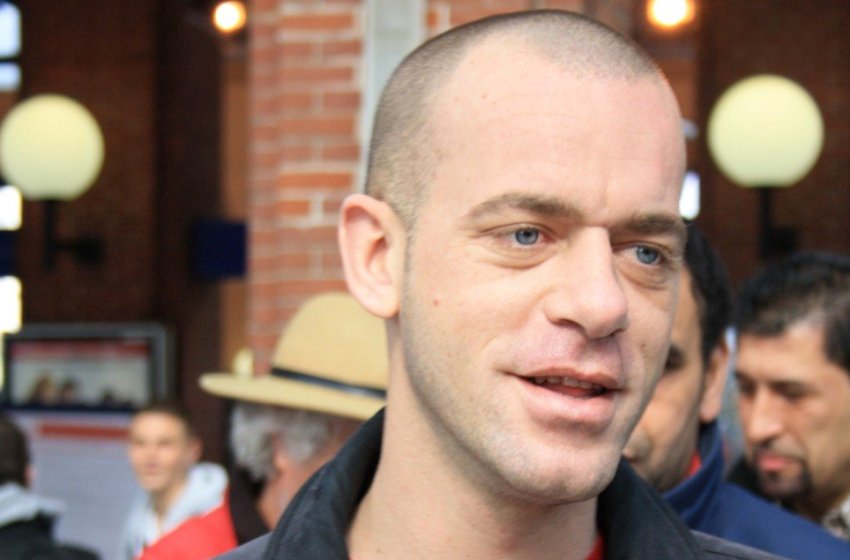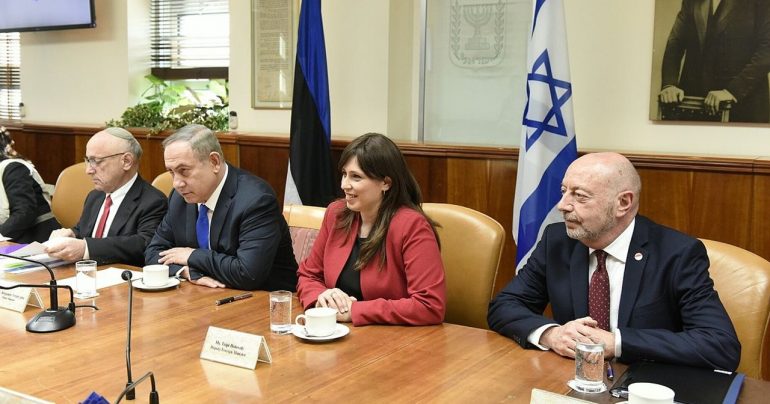Hariri’s killers will be sentenced at Lebanese court looms end
The Special Tribunal for Lebanon (STL), which is based in the Netherlands, found Habib Merhi and Hussein Oneissi guilty on appeal in March for a massive bombing that killed Hariri and 21 others and injured 226.
But they are unlikely to spend any time behind bars as the Lebanese Shiite Muslim movement Hezbollah refused to hand over the couple or a third man, Salim Ayyash, sentenced to life in prison in 2020.
Meanwhile, the STL, which is estimated to have cost between $ 600 million and $ 1 billion since its opening in 2009, has warned it will close imminently due to funding shortages.
The court said in a statement that it will announce the sentences for Merhi and Oneissi on Thursday at 2pm (1200 GMT).
Sunni billionaire Hariri, who resigned as Lebanese prime minister in October 2004, was killed in a suicide blast on February 14, 2005 against his armored convoy on the Beirut waterfront.
The attack sparked protests that drove Syria out of Lebanon after a military deployment that lasted 29 years.
The court arose out of a UN Security Council resolution and ultimately tried four suspects in absentia: Ayyash, Merhi, Oneissi and Assad Sabra.
The case was based almost exclusively on circumstantial evidence in the form of phone records that prosecutors said showed a Hezbollah cell planning the attack.
The STL originally sentenced Ayyash and exonerated the other three men.
He said there was no direct evidence of Damascus or its ally Hezbollah being involved, but that the attack likely involved state actors and that the state with the most to gain was Syria.
But in March he found Merhi and Oneissi guilty after an appeal by prosecutors, saying the original trial judges had “erred” in saying there was a lack of evidence. They confirmed Sabra’s acquittal.
All three convicted men remain fugitives as Hezbollah leader Hassan Nasrallah refused to hand over any of the suspects or acknowledge the court.
Haunted by political issues in Lebanon and controversy over its enormous cost and slowness, the court ruled last July that it should close after dealing with all pending appeals as money was running out.
The closure means that a further trial of Ayyash in a separate case involving three attacks on Lebanese politicians in 2004 and 2005 is unlikely to ever take place.
STL draws 51% of its budget from donor countries and the rest from Lebanon, grappling with its deepest economic crisis since the 1975-1990 civil war.

















